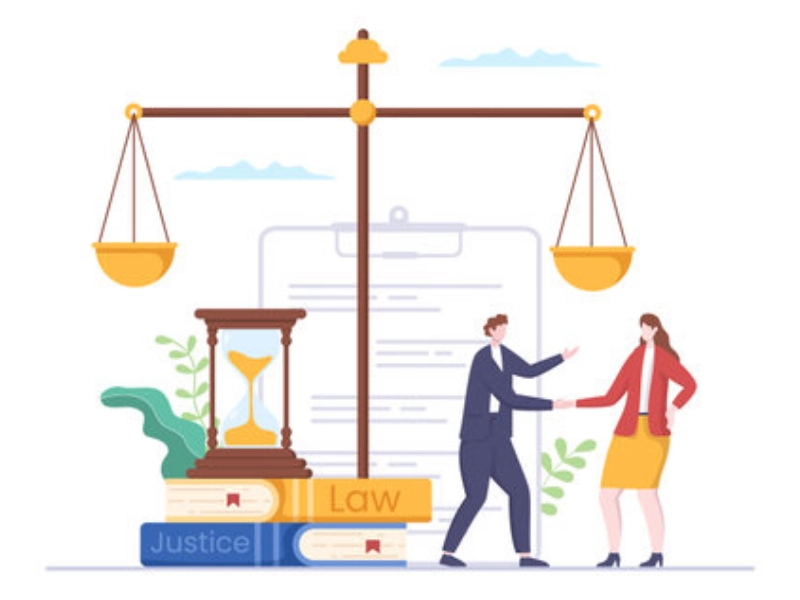Getting Amid the Difficulties of Immigration Law
The practice of immigration law is a complicated one. Given the dynamic nature of the political scene, immigrants should make use of reliable legal resources and seek the advice of qualified experts.
These tools are invaluable when it comes to understanding the complexities of visas and handling deportation defence. A wide range of immigration-related subjects, such as prosecutorial discretion and deferred action, will be covered in this article.
Postponed Action

Deferred action is a discretionary respite from removal that the executive arm of the government may provide to illegal individuals under US administrative law. Instead of granting them legal status or a route to citizenship, it permits them to stay in the nation and continue working while their applications are being processed.
By sending a Statement of Interest to IDHR, people can ask to have their cases considered for deferred action. These petitions, which must be made by an advocate, employee, or representative, must contain comprehensive case details, such as particular infractions and any proof of retaliation related to immigration.
If the person making the request is a party to an AGO investigation or enforcement action, or if they fear reprisals from their employer, they may file a declaration of interest. When a requester is a party to a labour or employment law complaint, they may also file a statement of interest.
Prosecutorial Authority

The authority that immigration enforcement officers have to select which cases to pursue and which ones to drop is known as prosecutorial discretion. Throughout the history of our nation's immigration laws, this authority has been utilised to settle disputes involving important equity, strategic resource decisions, and policy considerations.
Utilising prosecutorial discretion is a crucial tactic used by the Biden Administration to prevent noncitizens from being deported or expelled from the country. Numerous variables, which differ depending on the prosecutor's office, can result in a favourable exercise of discretion. A noncitizen's length of stay in the country, their family's ties to the area, and the military service of their American citizen family members are some of the most prevalent criteria.
Speak with a knowledgeable lawyer to learn more about your options if you or someone you know is facing removal proceedings. Prosecutorial Discretion in Immigration: A Guide for Advocates, a LAC Practice Advisory, gives an outline of prosecutorial discretion's functions and details how to ask for it on your client's behalf.
Proposals to Reopen or Reexamine

Motions to reopen or reconsider are two options available to you if the court rules against you in your immigration case. These motions are supported by factual justifications, such as updated information or altered conditions. They may also be filed for legal reasons, such as a judge's unfavourable ruling due to an error in the application of current law or policy.
You must demonstrate that the new material could not have been found or presented at your prior hearing in order to properly file a motion to reopen. It is also necessary for you to prove that you behaved honourably and with due diligence.
The Department made a proposal in 2016 to change the rules governing EOIR's reopening motions before the Board and an immigration court on the grounds of inadequate legal representation. 81 FR 49556. The proposed regulation would make it clearer how the Board and judges are to assess claims of inadequate counsel and the reliability of the supporting documentation.
convictions for crimes

A felony conviction may have a major impact on an immigrant's eligibility and immigration status. It may make it more difficult for individuals to enter the nation, apply for a change in status while they're there, or apply to become naturalised citizens.
A person's inadmissibility or removability following a conviction is contingent upon the nature of the offence and whether it qualifies as an aggravated felony. Morally reprehensible acts, such as drug trafficking, fraud, manslaughter, and other violent crimes, as well as other misdemeanours, are thought to have a significant chance of influencing immigration legislation.
Immigration lawyers should be aware of the ramifications of their clients' criminal histories in order to provide them with appropriate advice. When dealing with criminal charges and convictions, it is also beneficial to have a thorough guidebook like Immigration Consequences of Criminal Activity, which may help negotiate complex immigration concerns.







